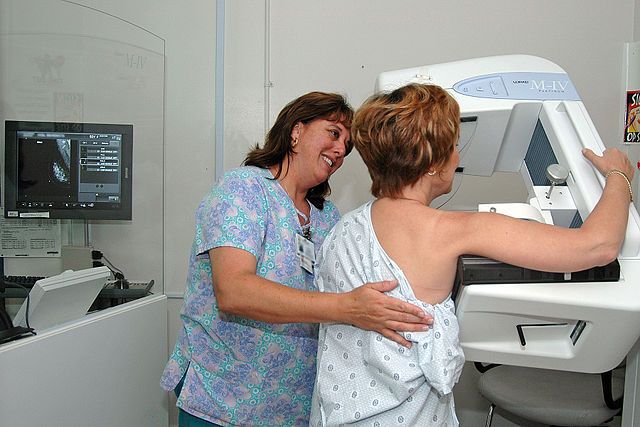An error committed by the Region Syddanmark health authorities resulted in over 800 women being called in too late for cancer examinations.
READ MORE: Breast-cancer screenings aren’t very effective, concludes Danish study
Now, 138 of them have been diagnosed with breast cancer.
The women should have been called in for a clinical mammogram after an examination revealed there was a suspicion of cancer. The law states that women should not be made to wait any longer than 14 days for a mammogram.
Misinterpretation to blame
Region Syddanmark said that a misinterpretation of the law led to the error.
“It turned out that a clarification of the rules from the national health agency in 2014 were not implemented properly in southern Denmark,” said Region Syddanmark in a statement.
“Hospitals in Region Syddanmark have, in some cases, failed to comply with the statutory waiting time guarantee of 14 days after suspicion of breast cancer.”
A serious error
The subsequent mammograms revealed that 138 of the women tested too late had breast cancer.
“This is a mistake that should not happen,” said the head of the Odense University Hospital, Kim Brixen.
“Fortunately, breast cancer is a disease that develops very slowly. For the vast majority, we can establish that the delay is very likely to not have had an impact on their prognosis.”
Women still being contacted
Brixen offered the affected women and their families “an unconditional apology”.
The 138 patients diagnosed with breast cancer have already been contacted. The region is in the process of contacting the other 673 women who have been affected.
READ MORE: Pink bras telling stories of breast cancer survivors
The error was discovered sometime before Christmas.















